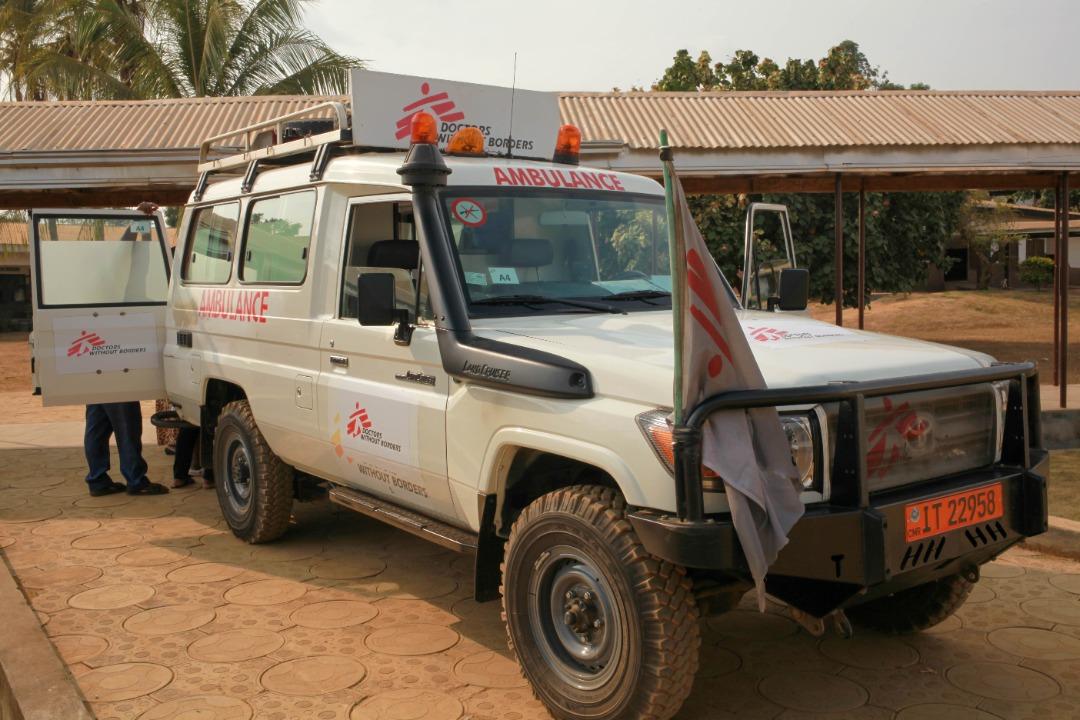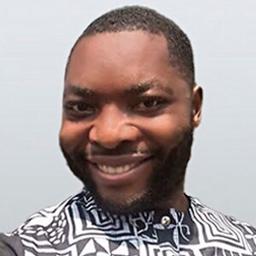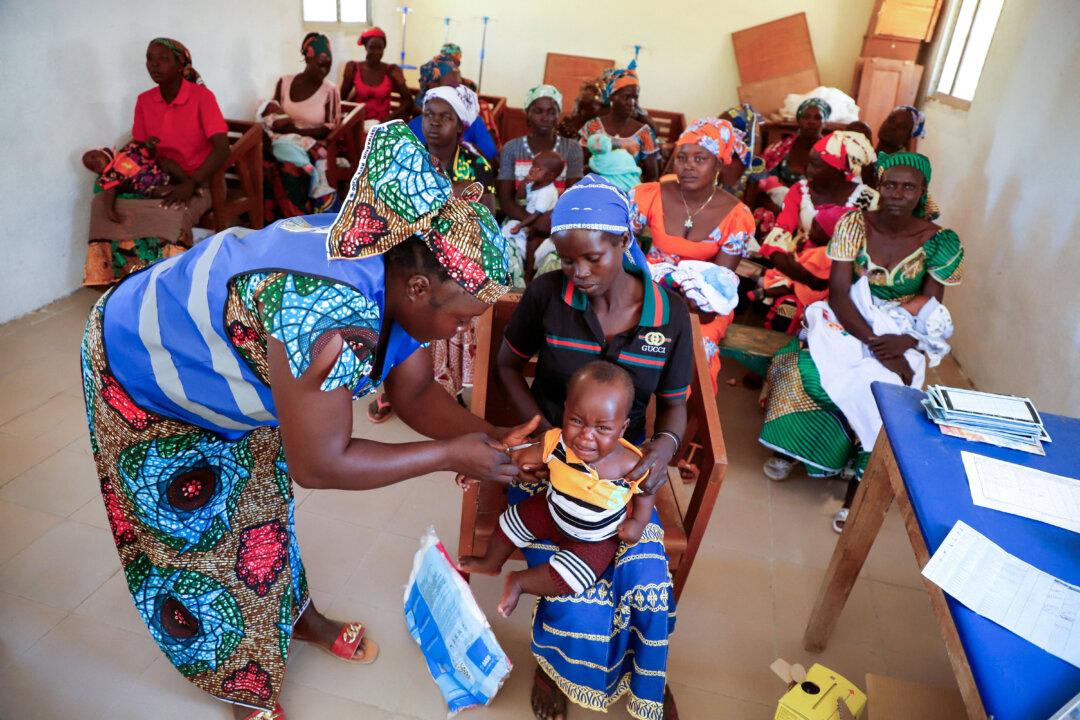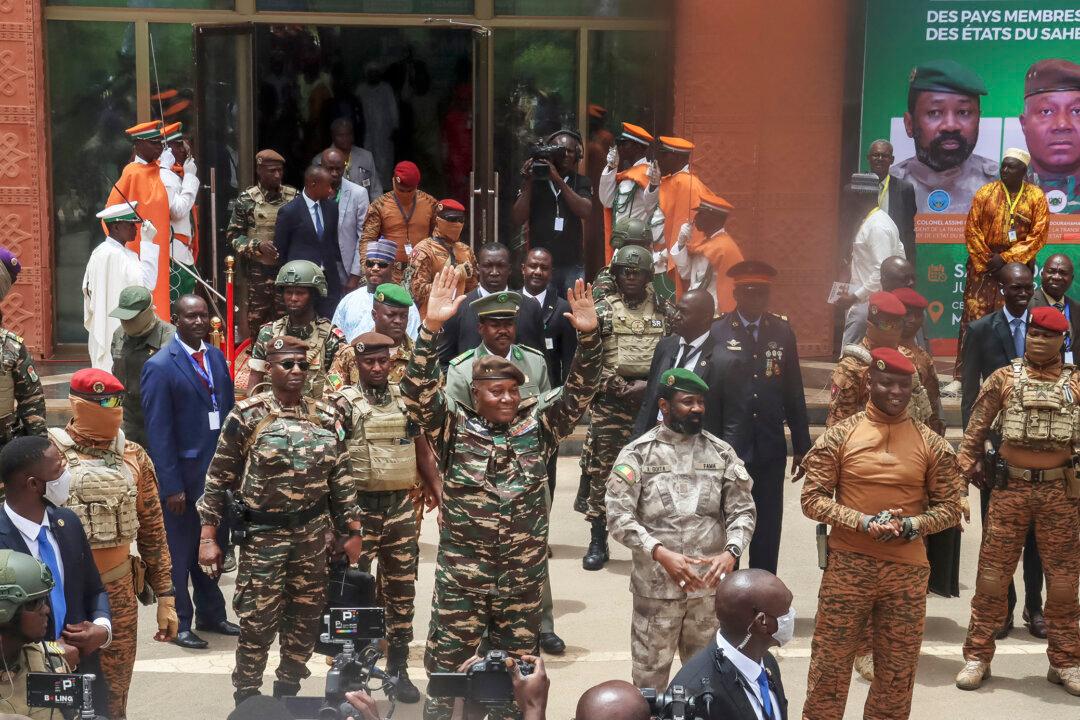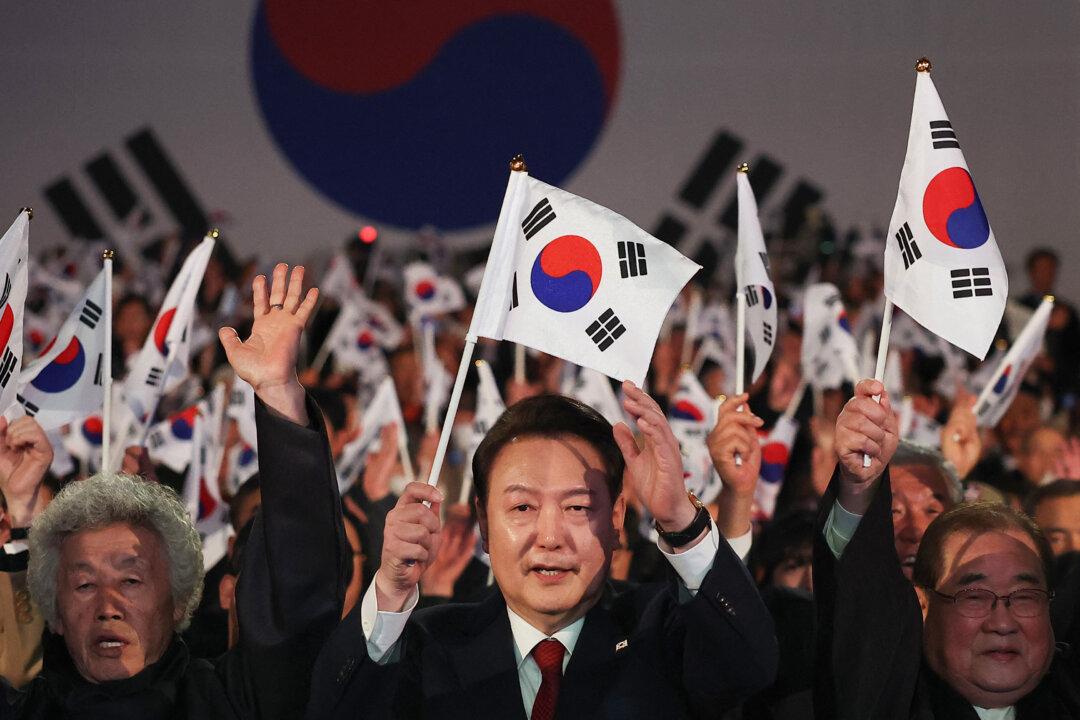Atiku Bakari, 12, living in Cameroon’s embattled Northwest Region, had gone to fetch firewood that fateful July 16, when his eyes fell on a rare “toy”: a hand grenade.
As Atiku innocently grasped the lethal object to start throwing around, it detonated—shattering his right hand, hitting him on the chest and wounding his stomach, and leg. His older brother, Aliyu Bakari, who was with him, also sustained serious wounds on his leg, stomach, and hand.
